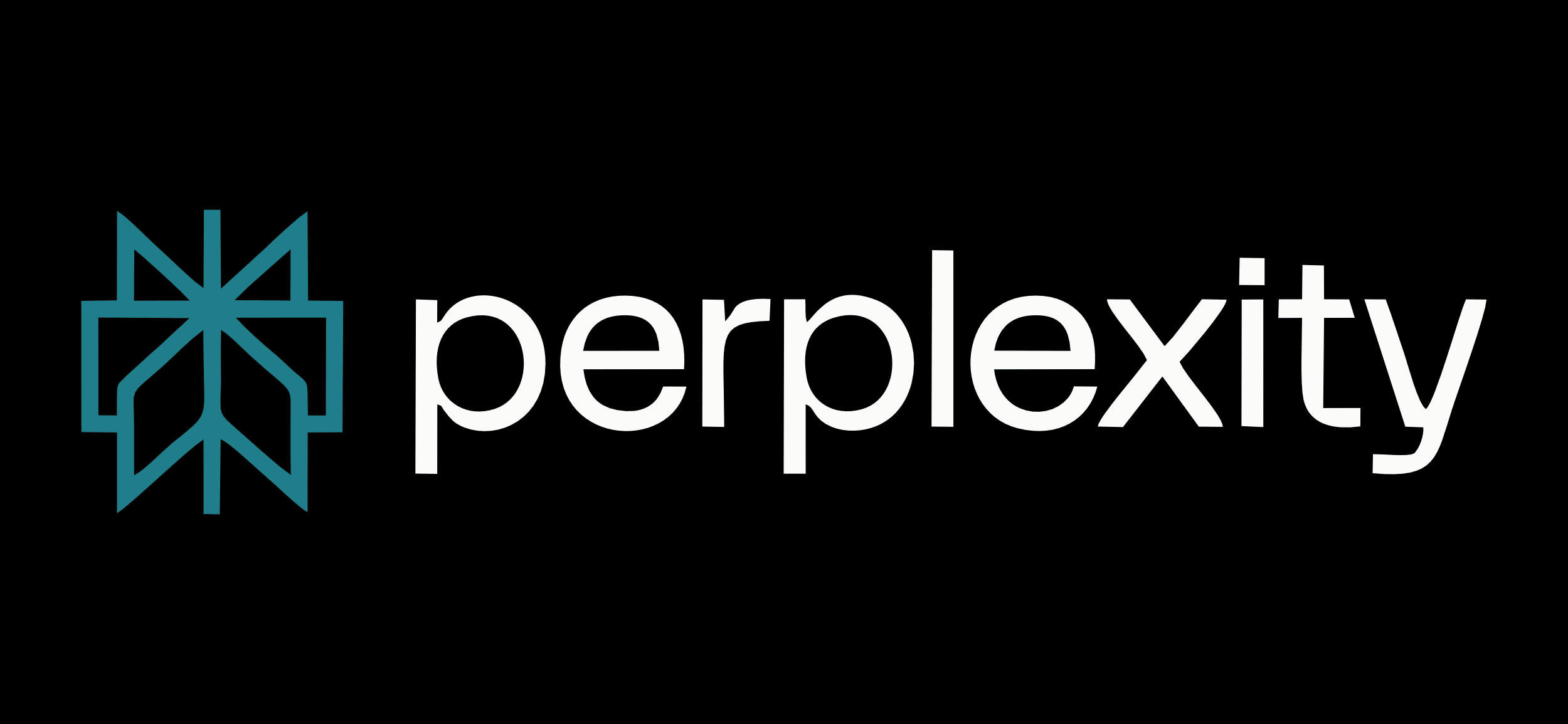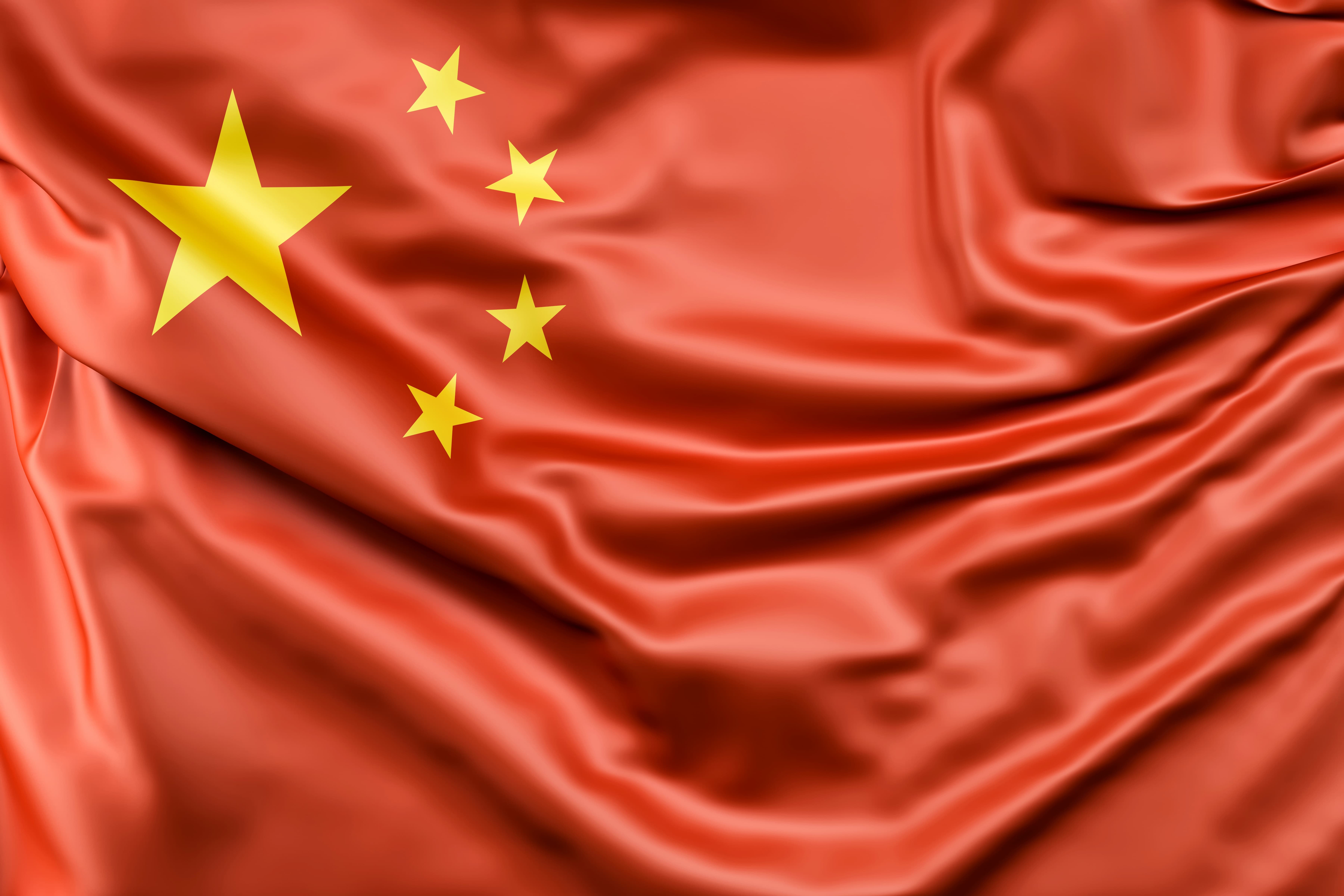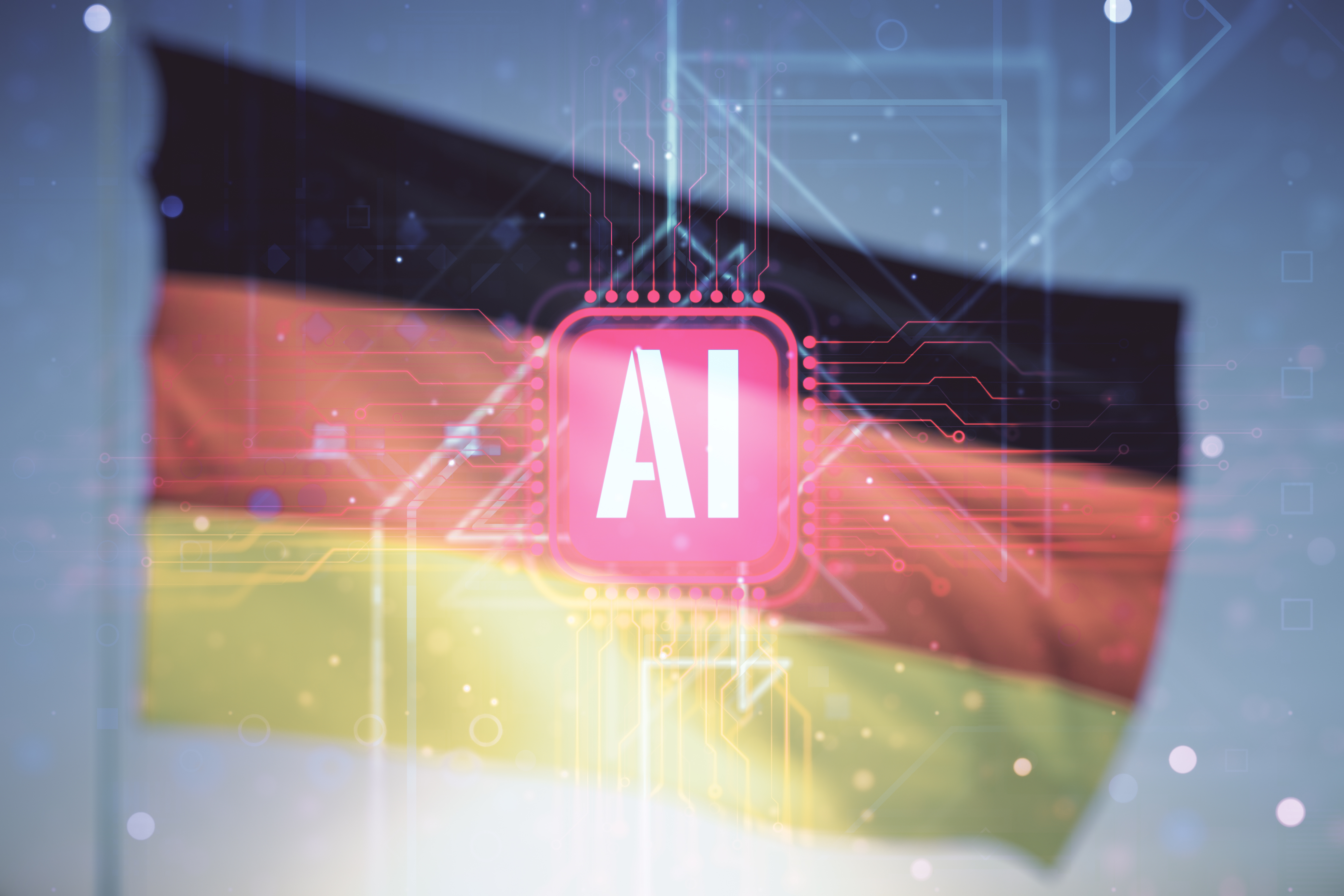Google Quantum AI has taken a major step in its pursuit of error-corrected quantum computing by integrating Atlantic Quantum, an MIT spin-out focused on superconducting hardware.
The move, while not formally labelled an acquisition, effectively brings the startup’s technology and talent into Google’s programme, strengthening its roadmap toward scalable quantum systems.
Atlantic Quantum, founded in 2021, has worked on integrating qubits with superconducting control electronics in the same cold stage.
A modular chip stack that promises to simplify design, reduce noise, and make scaling more efficient. Everything is equally important to build machines capable of solving problems beyond the reach of classical computers.
Google’s Hartmut Neven highlighted the approach as a way to accelerate progress toward large, fault-tolerant devices.
The startup’s journey, from MIT research labs to Google integration, has been rapid and marked by what CEO Bharath Kannan called ‘managed chaos’.
The founding team and investors were credited with pushing superconducting design forward despite the immense challenges of commercialising such cutting-edge technology.
Beyond hardware, Google gains a strong pool of engineers and researchers, enhancing its competitive edge in a field where rivals include IBM and several well-funded scale-ups.
A move that reflects a broader industry trend where research-heavy startups are increasingly folded into major technology firms to advance long-term quantum ambitions. With governments and corporations pouring resources into the race, consolidation is becoming common.
For Atlantic Quantum, joining Google ensures both technological momentum and access to resources needed for the next phase. As co-founder Simon Gustavsson put it, the work ‘does not stop here’ but continues within Google Quantum AI’s effort to deliver real-world quantum applications.
Would you like to learn more about AI, tech and digital diplomacy? If so, ask our Diplo chatbot!










